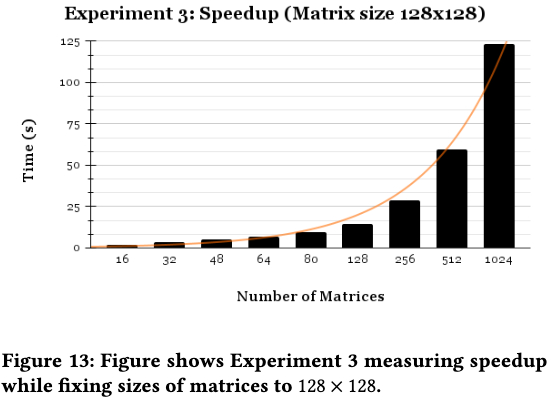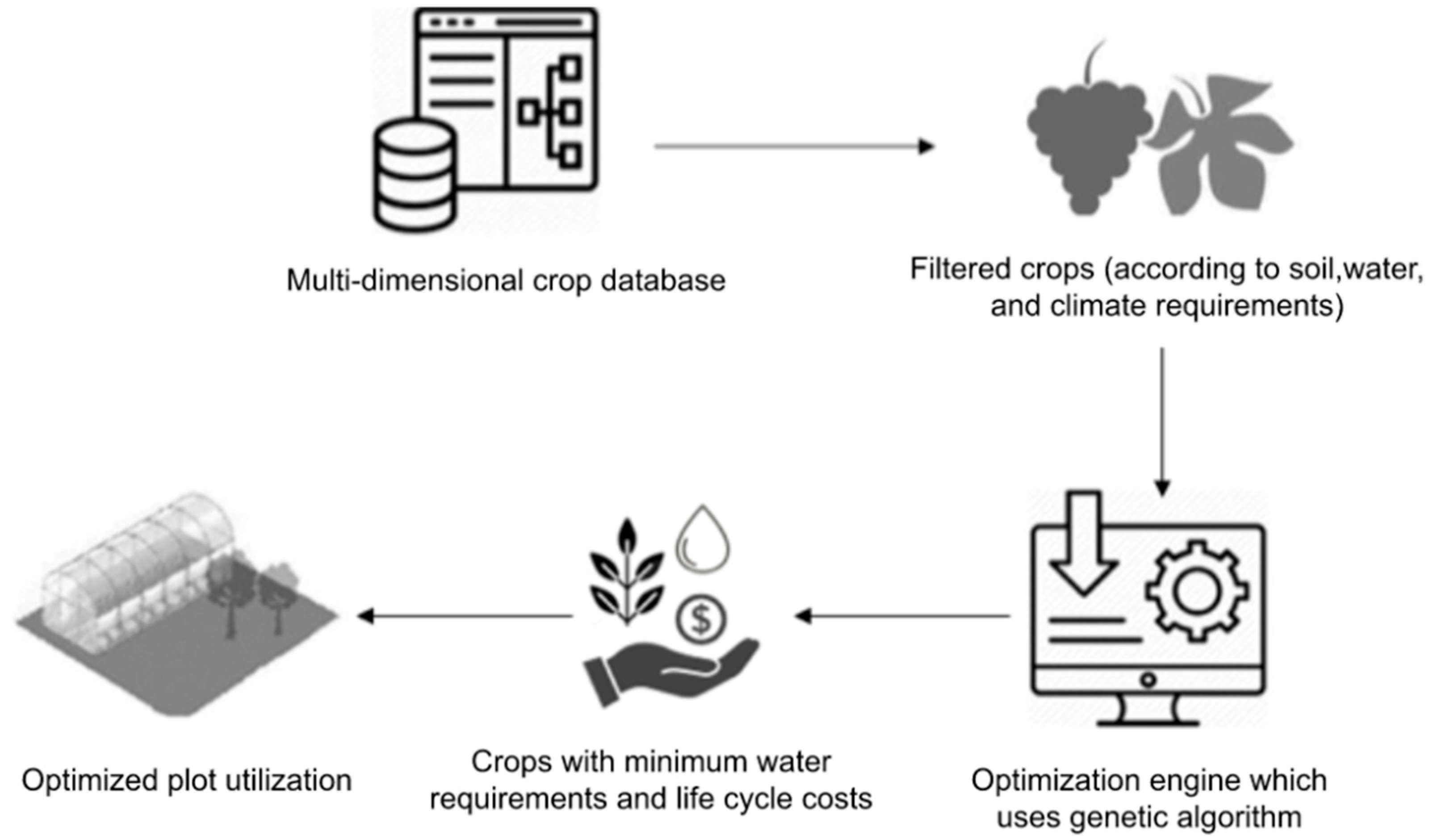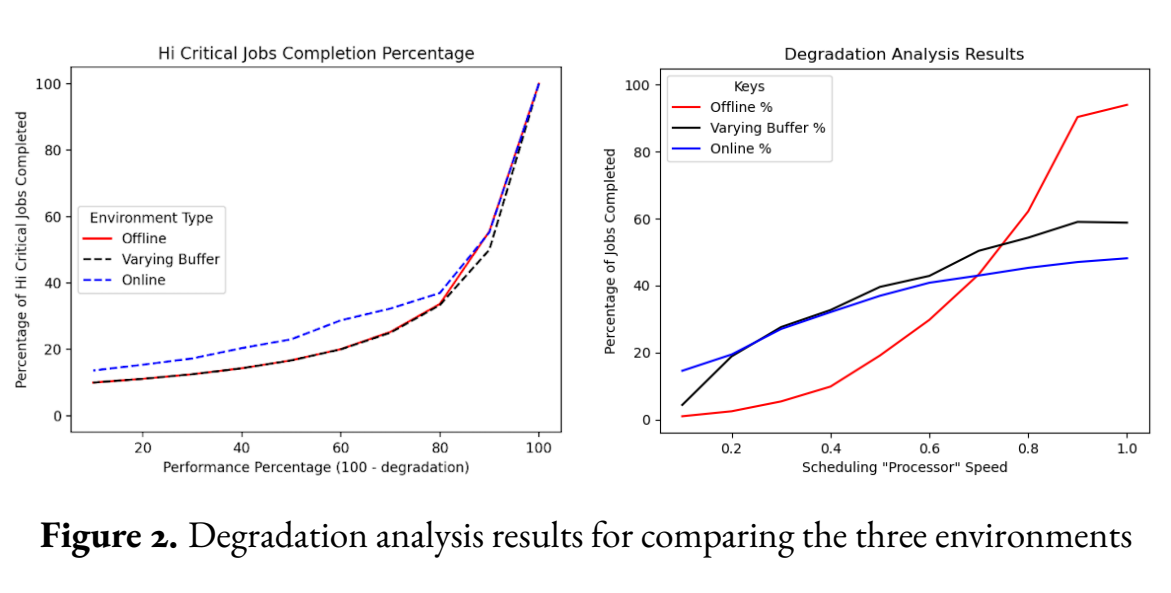Publications
publications by categories in reversed chronological order. generated by jekyll-scholar.
2025
- Large Language Models for Spatial Analysis QueriesYoussef Hussein, Mohamed Hemdan, and Mohamed F. MokbelProc. VLDB Endow., Sep 2025
This tutorial provides a comprehensive overview of the research landscape of employing Large Language Models (LLMs) to spatial analysis queries. The tutorial categorizes the research in this area based on how LLMs are employed to serve such queries. This goes from employing LLMs as is, to fine-tuning LLMs, to completely retrain LLM architectures, to modifying the LLM internals to fit spatial queries. The tutorial concludes by a set of benchmarks and pointing out to research gaps and future research directions.
- Polaris: An Interactive and Scalable Data Infrastructure for Polar ScienceYuchuan Huang, Ana Elena Uribe, Youssef Hussein, and 3 more authorsProc. VLDB Endow., Sep 2025
Though polar scientists entertain having huge amounts of publicly available datasets, they face the challenge that working with such data is a cumbersome process that requires downloading tons of unnecessary data and writing various scripts on top of it. This hinders their ability to perform any kind of interactive analysis. This paper presents Polaris; a novel open-source system infrastructure for Polar science that is highly Interactive and Scalable. Polaris is designed based on three observations that distinguish the query workload of polar scientists, namely, all queries are spatio-temporal, not all data are equal, and the large majority of queries are aggregates. Polaris is equipped with a hierarchical spatio-temporal index structure that stores precomputed aggregates for data of interest. Experimental results with a real Polaris prototype and real scientific data show that it achieves highly interactive and scalable data access, enabling interactive analysis of polar science data.
- A Demonstration of Polaris: An Interactive and Scalable Data Infrastructure for Polar ScienceYuchuan Huang, Ana Elena Uribe, Youssef Hussein, and 3 more authorsProc. VLDB Endow., Sep 2025
This demonstration presents Polaris; a novel open-source system infrastructure for Polar science that is highly Interactive and Scalable. Polaris is designed based on three observations that distinguish the query workload of polar scientists, namely, all queries are spatio-temporal, not all data are equal, and the large majority of queries are aggregates. With this, Polaris is equipped with a hierarchical spatio-temporal index structure that stores precomputed aggregates for data of interest. Audience will be able to experience Polaris through various scenarios that show the interactivity and scalability as well as Polaris optimized query processes.
- Large Language Models for Urban MobilityYoussef Hussein, Mohamed Hemdan, and Mohamed F. MokbelIn 2025 26th IEEE International Conference on Mobile Data Management (MDM), Sep 2025
2023
-
 GPU Accelerated Dataflow AnalysisAkram Aziz, Basant Abdelaal, Youssef Hussein, and 5 more authorsJun 2023Unpublished Manuscript
GPU Accelerated Dataflow AnalysisAkram Aziz, Basant Abdelaal, Youssef Hussein, and 5 more authorsJun 2023Unpublished ManuscriptDataflow analysis is a critical technique for detecting software bugs during development. However, existing tools often suffer from scalability and speed issues. In this work, we explore the use of GPUs to accelerate dataflow analysis by targeting dataflow analysis problems. We propose a GPU-compatible implementation based on the matrix representation approach. By representing instructions as matrices, we achieve a significant speedup of up to 250𝑋 compared to CPU implementations. Our research aims to accelerate dataflow analysis using GPUs, providing a more efficient solution for real- time development environments. This approach overcomes the speed limitations of existing dataflow analysis tools, enabling faster bug detection and more precise analysis. By leveraging the parallel processing capabilities of GPUs, we handle large-scale programs and complex dataflow effectively. Our work bridges the gap between the increasing complexity of software systems and the need for scalable and efficient bug detection mechanisms. By accelerating dataflow analysis using GPUs, we enhance the precision and speed of static analysis, enabling faster bug detection and reporting in software development.
-
 Economic Land Utilization Optimization ModelOssama A. Hosny, Elkhayam M. Dorra, Youssef Hussein, and 8 more authorsSustainability, Jun 2023
Economic Land Utilization Optimization ModelOssama A. Hosny, Elkhayam M. Dorra, Youssef Hussein, and 8 more authorsSustainability, Jun 2023Recently, population growth and resource depletion have been matched by a growing demand for self-sustaining communities. Numerous studies promote sustainable solutions to the concerns of climate change and food scarcity. This study aims at creating an automated Economic Land Utilization Optimization Model (ELUOM) that identifies sustainable and cost-effective agricultural practices. Soil, water & climatic characteristics of over 400 crops are gathered in a relational database to build the model. Evolutionary algorithms are utilized to filter the database based on user input. Optimization process is then performed on all possible utilization plans of the filtered crops to maximize the 20-year return while minimizing water consumption. The model is verified on a case study in Giza, Egypt where it shows the potential of increasing the return/m3 of water by 370% versus current practices. This research also studies the application of ELOUM on a vacant plot in the American university in Cairo, Egypt.
2021
-
 Dual-criticality scheduling on non-preemptive, dynamic processors using RL agentsNourhan Sakr, Youssef Hussein, and Karim FaridJul 2021
Dual-criticality scheduling on non-preemptive, dynamic processors using RL agentsNourhan Sakr, Youssef Hussein, and Karim FaridJul 2021Real-time embedded systems have stringent non-functional requirements on cost, weight, and energy that give rise to the study of mixed-criticality (mc) systems, where functionalities of dierent criticality levels are consolidated into a shared hardware platform (Barhorst et al. [1], Burns and Davis [6]). The literature discusses the schedulability of mc systems under various conditions and objectives (Baruah et al. [3], Gu et al. [7], Baruah et al. [4]). In this work, we study a dual-criticality, non-preemptive system with a varying-speed uniprocessor. This varying-speed processor makes mc scheduling dynamic: In real-time systems, it cannot be predetermined if, when or for how long the processor would degrade, i.e. its speed would drop. Under speed stochasticity, it is critical to guarantee the running of high (hi) criticality jobs by their deadlines, sometimes even at the cost of not running low (lo) criticality jobs at all, when operating under degradation. Scheduling mc systems non-preemptively (even without degradation) is N P-hard (Lenstra et al. [9]). Baruah and Guo [5] model an LP to preemptively schedule dualcriticality jobs on a varying-speed processor. Agarwal and Baruah [2] further discuss the online nature of the problem and its intractability. We agree with the authors that mc scheduling is inherently an online problem, as it better depicts real-time scheduling and the dynamic nature of this problem. Therefore, we devise deep reinforcement learning (deep rl or drl) to tackle the problem presented by Baruah and Guo [5], under both the oine and online setting.